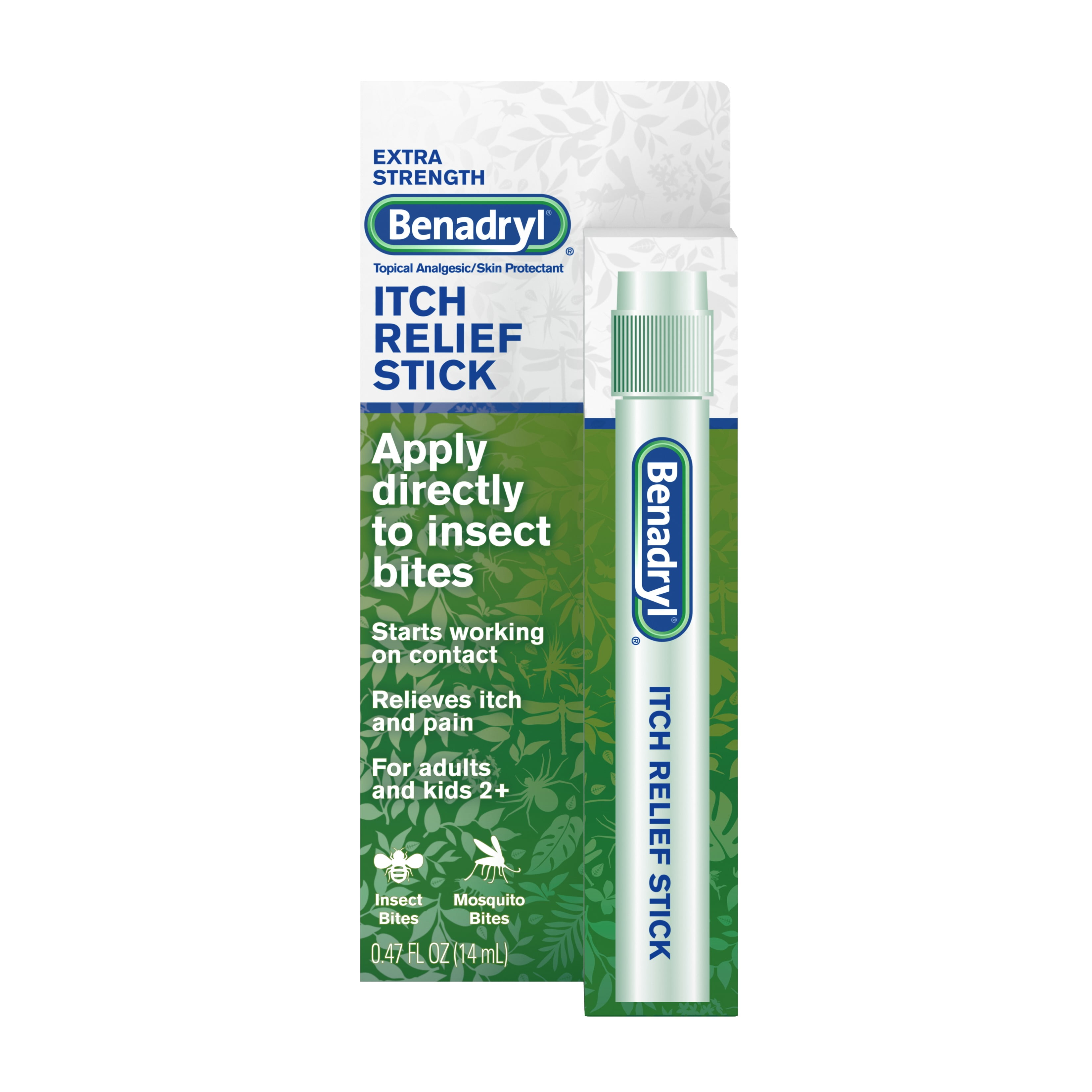

The most common symptoms of Benadryl toxicity are sleepiness, dry mouth, flushing, nausea, vomiting, and fast heartbeat. Yes, it is very possible to overdose on Benadryl.

Therefore, it is best to avoid driving while taking this medication. Benadryl can impair your hand-eye coordination and reaction time due to sleepiness.

If taken close to bedtime, the sleepiness can last into the next day. Does Benadryl make you sleepy?īenadryl can make you quite sleepy as it has a sedative effect on the body’s nervous system. One example of a well-known diphenhydramine brand is Benadryl.

You may even be a candidate for sublingual immunotherapy, an easy, at-home allergy treatment that leads to long-term allergy relief.Diphenhydramine is a first-generation antihistamine that can be used to treat seasonal allergies, itchiness, rash, hives, insomnia, vertigo, and motion sickness. Our allergy doctors can lend support and expertise during your search. If you have tried out antihistamines and you’re still struggling to find allergy relief, reach out to Wyndly today. Are You Looking for Long-Lasting Allergy Relief? You can talk to your doctor to see if there will be any drug interactions between your current medications and the antihistamines you are considering taking. Some antihistamines can interact with other drugs or medications, so take precautions to avoid any negative interactions. Whichever treatment you decide on, carefully read the label and any warnings. Benadryl (Diphenhydramine) – first-generation antihistamine.Zyrtec (Cetirizine) – second-generation antihistamine.Xyzal (Levocetirizine) – third-generation antihistamine to avoid daytime drowsiness it is recommended to take it at night.Nasacort (Triamcinolone) – nasal steroid spray.Flonase (Fluticasone) – nasal steroid spray.Claritin (Loratadine) – second-generation antihistamine.Allegra (Fexofenadine) – second-generation antihistamine.To find the best option for you, consider each medication’s side effects. But a second-generation non-drowsy treatment should be your go-to for short-term daytime relief. A first-generation antihistamine could be great at night when your allergy symptoms won’t allow you to rest. A Side-by-side Drowsiness ComparisonĬhoosing the right allergy treatment can depend partly on when your symptoms are at their worst. Claritin and Allegra are examples of non-drowsy antihistamines. Second- and third-generation antihistamines are designed to reduce drowsiness while still addressing your allergy symptoms. The good news is there are second-generation allergy medications that won’t put you to bed. And if your allergies are already increasing your tiredness, medications like Benadryl may make you extremely sleepy. The active ingredient in Benadryl is actually found in a lot of sleeping pills. The first generation of allergy medicines are known to cause drowsiness as a side effect. Antihistamines – Do They All Make You Sleepy? Plus, brain fog and drowsiness negatively impact people’s reaction time, motor skills, and decision-making, making it dangerous, especially if you nod off while driving. It can make work, relationships, and even your hobbies feel like a drag. Constantly having your immune system on high alert can wipe your body out.įeeling tired all the time negatively impacts your quality of life. To complicate matters more, allergy symptoms themselves can cause drowsiness, fatigue, and brain fog. Allergy Fatigue – When Your Allergies Have You Sick, Tired, and Drowsy All of these discomforts add up, and for those with allergies, it can sometimes make falling and staying asleep feel impossible, resulting in poor sleep quality.
#DOES BENADRYL MAKE YOU SLEEPY SKIN#
And even a slightly dusty pillowcase (a notorious shelter for pollen and other allergens your hair and skin might collect throughout the day) can worsen a case of itchy eyes. Post-nasal drip irritates the back of your throat. What’s more, other common allergy symptoms can worsen when you lie down. And sleeping with congestion is never an easy feat. Allergic reactions to pollen, pet dander, or dust can affect your breathing and make it harder for you to relax. It can be hard to fall asleep when you’re uncomfortable. Or, during allergy season, you might end up suffering from both. Either you end up tossing and turning all night from allergy symptoms, or you take your allergy medication and end up drowsy all day.


 0 kommentar(er)
0 kommentar(er)
